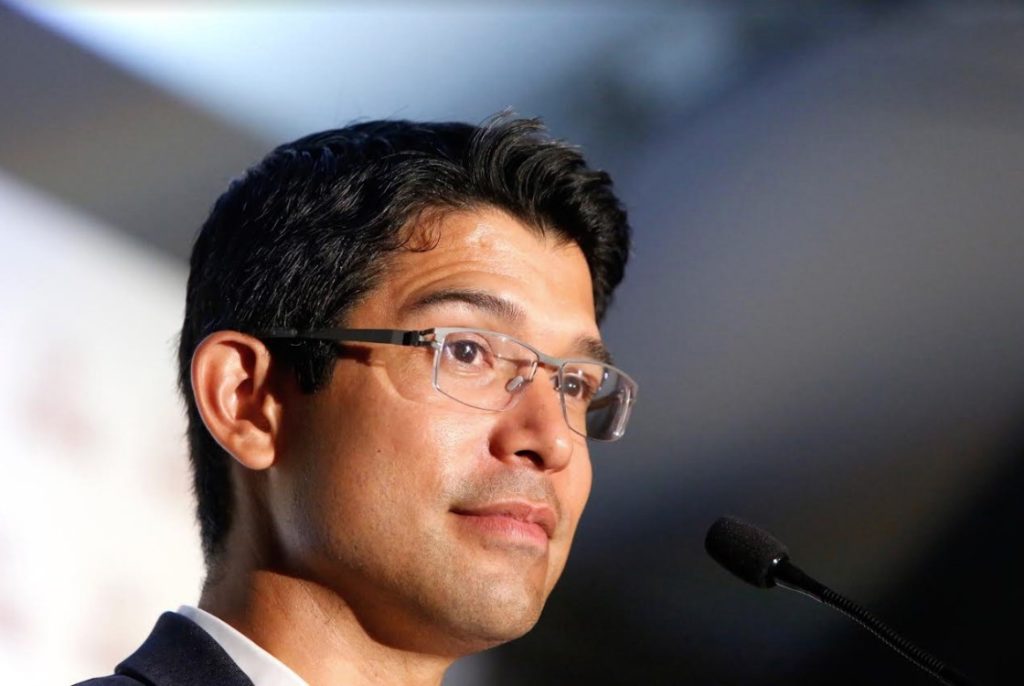Menchaca announces support for rezoning of 737 4th Ave. in Sunset Park

Councilmember Carlos Menchaca, who represents Sunset Park in the New York City Council, announced his support for a rezoning proposal that will create 33 permanently affordable units for local families, as well as thousands of square feet for local businesses and a future home for an ADA-accessible elevator to the 25th Street R subway station:
“Today, I am announcing my support for the 737 4th Avenue rezoning proposal.
The proposal is not perfect. It will not, for instance, build 100% affordable units, which I believe we need to build in our City.

Brooklyn Boro
View MoreNew York City’s most populous borough, Brooklyn, is home to nearly 2.6 million residents. If Brooklyn were an independent city it would be the fourth largest city in the United States. While Brooklyn has become the epitome of ‘cool and hip’ in recent years, for those that were born here, raised families here and improved communities over the years, Brooklyn has never been ‘uncool’.